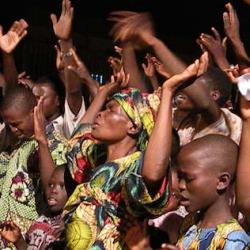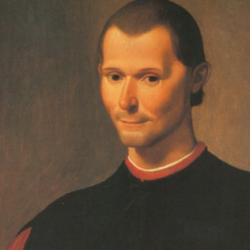What might democracy mean in Africa? What, in particular, “might it mean in cultural contexts, like those in Africa, in which freedom is not reducible to the exercise of choice, the equivalent to homo politicus of shopping to homo economicus? In which the political subject . . . is not an ‘autonomous’ individual but a social being? In which, also, the rights of citizens—among them the right not just to speak but also to be heard, the right to the basic necessities of life, the right to protection from the state—are taken to be more important than, well, political shopping? In which, in other words, democracy is presumed to be more than a procedure, more a matter of substance?”(Jean and John Comaroff, Theory from the South).
They answer by noting a paradox they observed during an election in Botswana in the 1970s: “On one hand, this country was taken at the time to be the ur-model of a popular African democracy. And yet, in the run-up to the ballot, we heard and read—in the media, on the streets of the capital, in rural villages—challenges posed to the prevailing order of things. They called for the replacement of the multiparty system with a single-party government; this on the ground, contrary to everything assumed in the West, that the latter is more democratic, the former more prone to authoritarianism. In the vibrant political culture of the indigenous communities of this nation, democracy depends not on who rules, nor on their ideological dispositions, but on how they rule.”
The situation sounds like a democratic ideal, but “there were no elections. Chiefs, after all, were not chosen by universal franchise. This was a culture of participation without parties, of government, bogosi, without ballots.” Political debate was intense, but it didn’t have to do with exercise of choice. Democracy was necessary mainly “if there was need to remove a sovereign who failed consistently to meet the standards of good government; publically attested performance, not the polling booth, was the ultimate source of legitimacy.”
From this, they conclude that Africans are not impressed with proceduralist/formalist democracy of West and don’t care to have it forced on them. There is “frank disillusion in many quarters—contempt, even—for market-friendly democracies that obsess over elections, but pay less attention to good government, accountability, or the rights and protections of their subjects.” They resist Western democracy, not in favor of authoritarianism but in favor of substantive democracy.















